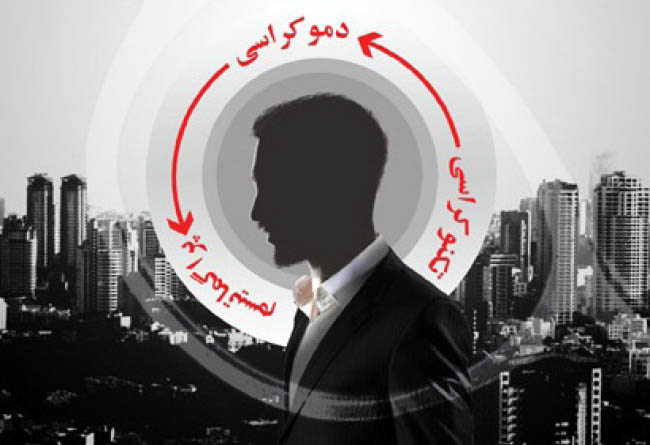Since Afghanistan is a multi-ethnic country with various racial, cultural, religious and linguistic groups, the type of government will put a significant effect on social and economic life and development of people. Following the Bonn Conference, Afghanistan and the law of governance have experienced fundamental changes although the former administrations revealed racial and ethnic tendencies. The important elements of Bonn Conference such as democracy, pluralism, political participation, equal distribution of opportunities, and development of public welfare were given cold shoulder and former administrations seemed to show inclination to ethnicity.
The Bonn criteria and the country’s Constitution have not been implemented and the authoritative presence of tribes, who were active in political structure earlier, were paid attention. After the Bonn agreement, security plan and combating terrorism came first and national demands second; however, ethnic balance were not considered in governmental institutions. Hence, the presence of ethnic groups was not based upon the proportion of their ethnicities. In the post-Bonn administrations, a strategy was adopted neither for country’s financial development of deprived groups nor for public welfare.
However, the National Unity Government (NUG) has taken this issue seriously and adopted more comprehensive plan in this respect. The NUG along with its senior managers, who are interested in technocracy, has moved towards financial and developing programs by undertaking technocratic management. The NUG’s foreign policy, security and welfare are on the basis of financial development. Peace, justice and regional and international interests are considered to be dependent on developing financial interests. Plans are designed to establish and extend international roads such as railway, aerial route, and power and energy lines. Similarly, exploiting the strategic water resource, establishing water dams are the NUG’s technocratic plans which are put into practice in some cases.
No wonder, the NUG has done little about providing equal opportunity in managing government’s institution and Independent Administrative Reform and Civil Service Commission is in its initial state. Moreover, there has been no clear policy about providing meritocracy for employment. Statistics suggest lack of meritocracy and ethnic balance and pluralism in governmental employment. However, development plans are acceptable. To fulfill these plans, sectarian, ethnic and linguistic differences are paid less attention and economic and developing opportunities have paved the ground for the implementation of the projects.
It is worth mentioning that the government of technocrats has also triggered expectation for the public. The citizens expect the government to push the country towards financial development and smooth the path for economic progress within the frame of citizenship rights. It is further hoped that the state will implement developing projects on the basis national interests. That is to say, the technocratic government is expected to manage the state’s fundamental administration based on technocratic industry so as to constitute the elements of effective government. Selecting meritorious and technocratic individuals, establishing electronic system, considering social pluralism and balance, providing facilities and products for citizens equally are the significant elements of technocratic government to be created and pursued consistently.
The developing plans such as Salma and Kamal Khan Dams and the macro project of de-monopolization from central Afghanistan and development of electric energy across the country are the best examples for the technocrat’s government – all citizens will utilize them equally. In short, all citizens will feel the benefits regardless of their backgrounds and their national interests and faith will be inspired.
It is an undeniable fact that enforcing the technocratic plans by government will increase the national interests and strengthen national solidarity and identity. In addition, peace, stability and security and providing peaceful life for the citizens will be gained only through utilizing welfare and relative facilities. In other words, promoting the country’s economy and services will also smooth the path for peace and lack of violence. On the other hand, development and technocratic progress will facilitate the citizens’ interactions and social understandings. For instance, establishing North-South and East-West highway corridor in the heart of central Afghanistan will lead to interaction and mutual citizenship understanding and will promote the chance for peaceful life.
To sum up, the NUG, unlike previous administrations, has taken high steps in developing the country economically. The aforementioned technocratic plans will result in peace and stability or at least minimize violence and insecurity. To be brief, there has been some deficiencies, but the developing plans should not be turned a blind eye. It is hoped that the government will pay especial heed to meritocracy and employ individuals based on their merit. According to the said facts, the NUG’s initiative and high steps in developing programs are to be appreciated. The technocrats have done more than previous administrations.
Home » Opinion » Afghanistan and Possibility of Technocratic State
Afghanistan and Possibility of Technocratic State
| Mohammad Ishaq Arifi

